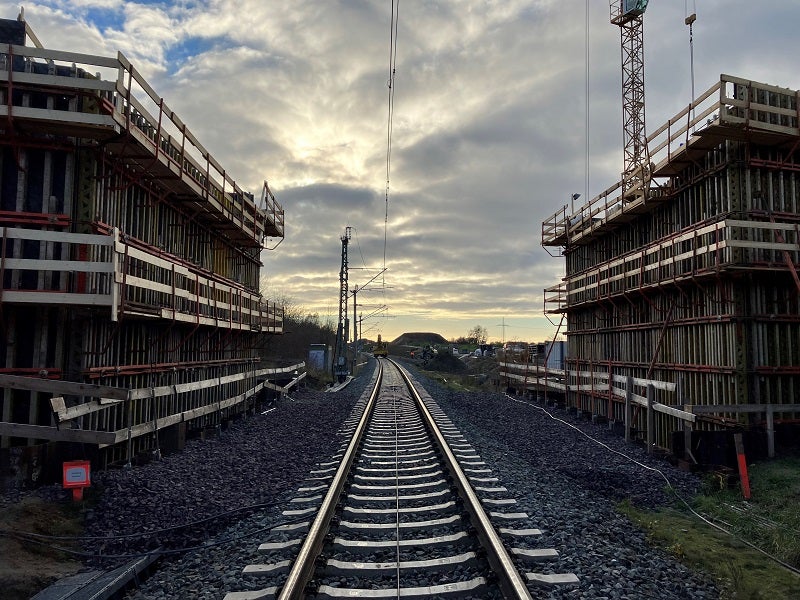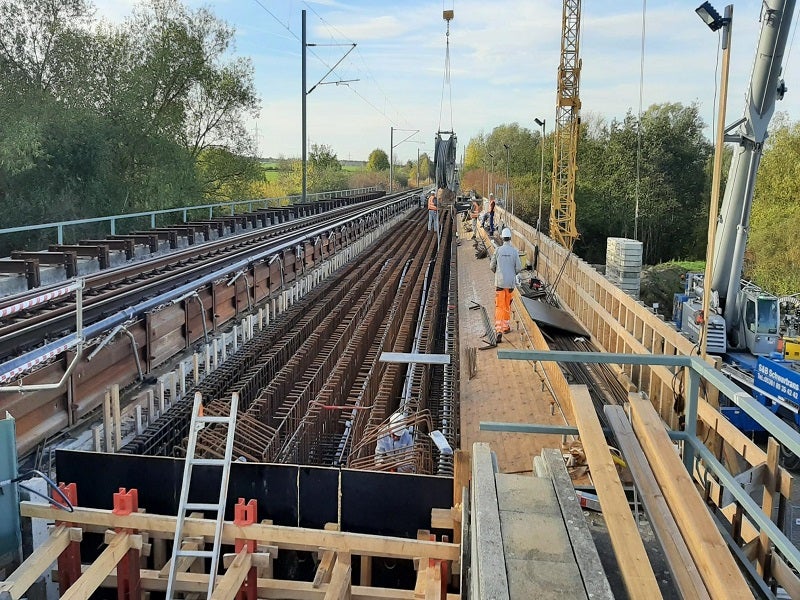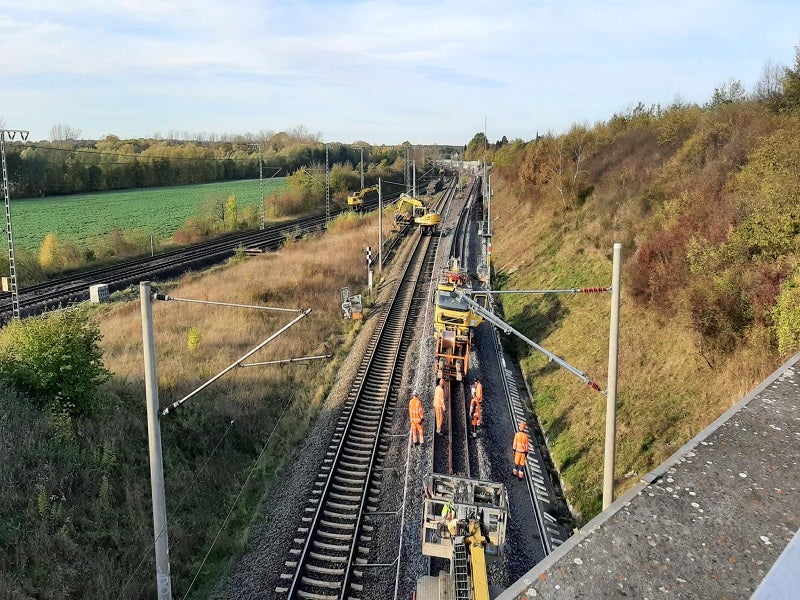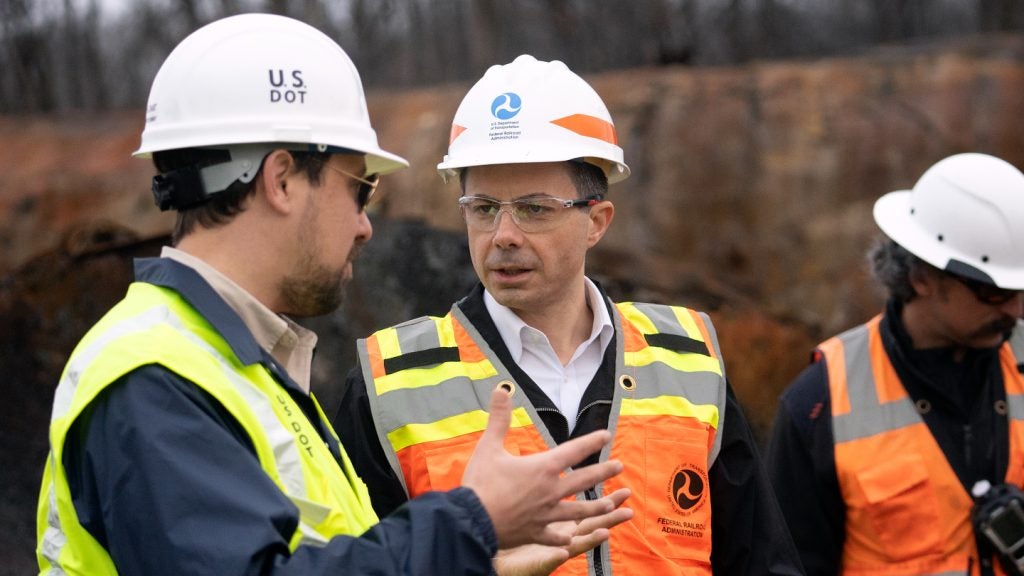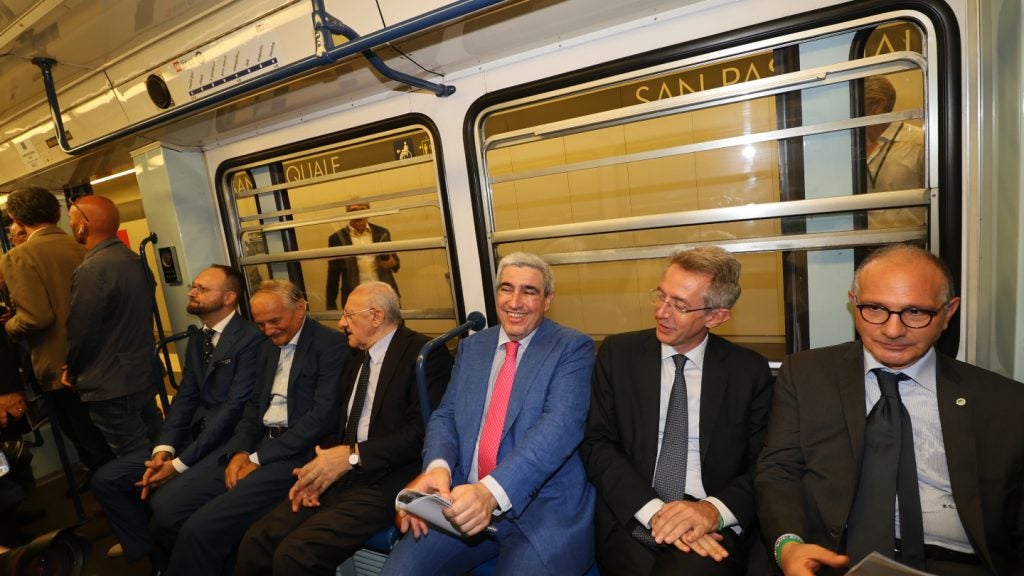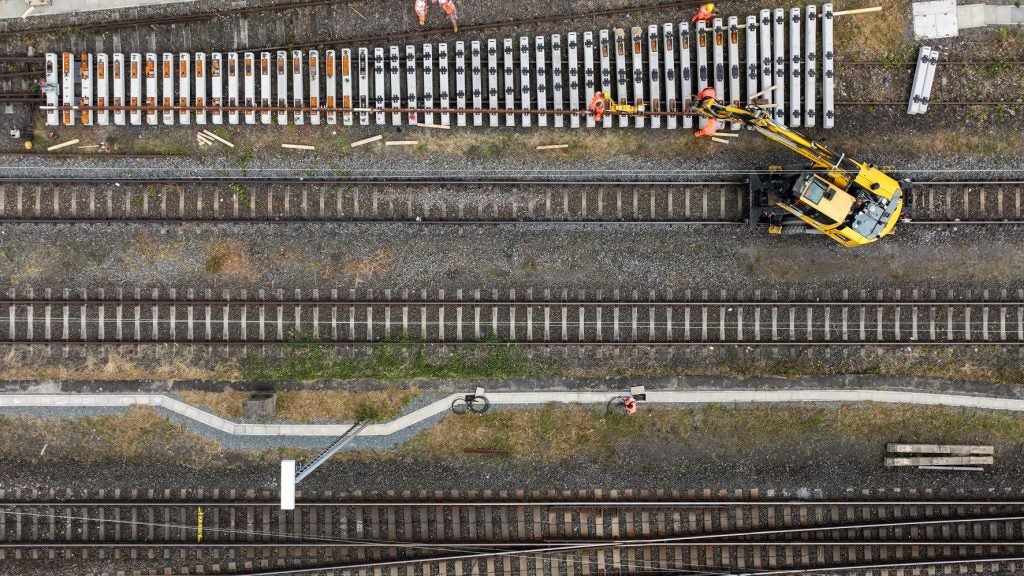The Weddel Loop (Weddeler Schleife) expansion project includes doubling the 20km-long Weddel to Fallersleben section of the Braunschweig-Wolfsburg railway line in Germany.
German railway company Deutsche Bahn (DB) is developing the project with an estimated investment of €150m ($174m).
Expected to be completed in 2024, the project will help in accommodating an all-day half-hourly service for local passenger trains and will increase the quality and capacity for local-distance passenger and freight transport.
It will also ensure more punctuality in rail passenger transport and enable more goods to be shifted from road to rail. It will boost the resilience of the Braunschweig-Wolfsburg railway line in the event of a disruption.
Location
The Weddel Loop is located between the Weddel junction and the Fallersleben train station in the Wolfsburg district of Fallersleben and the municipality of Weddel near Braunschweig.
Project development
The Weddel Loop was originally planned as a double-track railway line with approvals granted in the 1990s. It was, however, implemented as a single track that commenced operations in 1998.
Planning for the double-track expansion of the Weddel Loop to accommodate future requirements commenced in November 2017.
Weddel Loop expansion project details
The Weddel Loop expansion project includes the two-track expansion of the southern section from Weddel to Lehr and the northern section from Lehrung to Sulfeld. The expanded sections are designed for a maximum operating speed of 160km/h.
The main components of the construction include two railway overpasses at Schunter and Sandbach, apart from eight new bridge structures, which will be made of either pre-stressed concrete or reinforced concrete beams.
The foundations and abutments of some of the bridge structures are already designed to accommodate two tracks, necessitating modifications only to the bridge superstructure. Some bridge structures are, however, being demolished fully and built adjacent to the old structure before being inserted into position.
The expanded section will feature advanced signalling technology and overhead lines. In Weddel, three switches are being replaced and a new switch will be installed, which will lead to the second track. Four new switches will be installed in Lehr for the new transfer point.
At Schmiedekamp junction, tracks and switches are being laid and rebuilt over a 400m section between Schmiedekamp (Braunschweig) and Fahnelah to create more space for new switch connections.
The expanded line will be fitted with noise barriers to provide noise protection to residents. Furthermore, the trains operating on the line will be fitted with whisper brakes, which help in further reducing noise pollution.
Construction timeline
Construction works on the southern section started in 2021. Work on the northern section commenced at the beginning of 2022.
The construction was scheduled for completion in December 2023, but the war in Ukraine caused a shortage of building materials and a freight accident in Lower Saxony delayed the work.
The foundations of the Schunter railway bridge, built in 1996, also needed to be strengthened, causing a further delay in construction.
Funding
The Weddel Loop expansion project is being funded by federal and state financing.
The federal state of Lower Saxony is contributing €9.79m, the Braunschweig regional association is contributing €10.65m, and DB is contributing €0.1m.
The federal government is contributing €52.22m under the Local Authority Transport Infrastructure Financing Act.
Contractors involved in the Weddel Loop project
Depenbrock, a construction company, is performing earthworks, civil engineering works and construction of part of a 10.7km superstructure for the expansion project.
Mull und Partner Ingenieurgesellschaft, an engineering company, is providing soil management services on the construction site.
LPI Ingenieurgesellschaft, a construction supervision and construction planning companyu, is providing construction supervision services for the new bridges and bridge structures.

